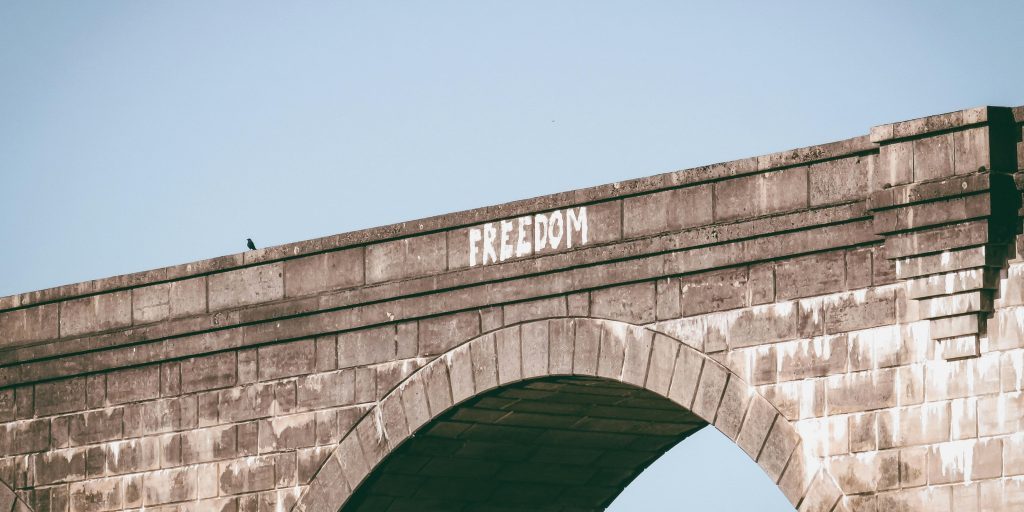Guidance note: reporting on gender
These guidelines have been developed to assist Press Council members. They are not binding and they do not extend the Press Code. No complaint may be lodged in terms of these guidelines.
Introduction
Gender equality is an integral part of freedom of expression as all gender categories have the right to be heard and seen in the public sphere as fully-fledged citizens participating in a democratic society.
Gender balance is thus important in news reporting. Equally important is the need to challenge prevailing gender stereotypes.
Journalists should always endeavour to recognise the diversity of race, class, ethnicity, religion, sex, ability, sexuality, and age. They should strive to eliminate discrimination on the basis of gender from their respective publications and or online platforms and pledge to make more effort to provide for more balance, fairness and accuracy in their reports. They should strive to be inclusive by seeking a diversity of voices rather than rely solely on the usual male dominant sources.
Journalists and media houses should not:
- use discriminatory or sexist language. In case they are citing such language as used by the subjects of their articles, they should use appropriate quotation marks and reporting verbs while taking care not to promote or support the person quoted
- depict women in general as inferior, secondary class citizens
- resort to gender stereotyping of roles (such as, loving, caring women, tough men, effeminate gays, masculinised lesbians, and so on)
- have recourse to the commoditisation of the female body and gratuitous sexualised views of women who are portrayed in the news
- pander to lurid curiosity
- publish the identity (name, picture) of rape victims and victims of sexual violence and other sexual offences without informed consent. They should take all precautions to protect the identity of such victims so that the latter are not subjected to stigmatisation and further trauma
- glamourise violence against women and sexual minorities such as lesbians, gays, bisexuals and transgender people (LGBTIQ+)
- advocate hatred based on gender that amounts to incitement to harm
- encourage misogyny and the reinforcement of patriarchy
In the workplace, media houses should encourage journalists to work across a diversity of beats, irrespective of gender category. They should ensure that selection, recruitment, career pathing, capacity building, training, fast-tracking and promotion are devoid of gender discrimination and that there is no tolerance for sexual harassment in the workplace.
They should encourage friendly work practices and mutual respect between men, women and all other people.
Media houses should encourage the active pursuit of knowledge on gender issues and incorporate the same in their training programmes. They should develop policies to ensure gender balance in coverage and gender equality in the workplace.




